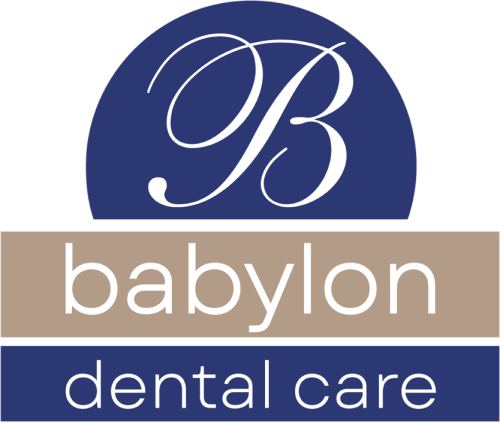If eating ice cream or hot soup makes you cringe, it might be time to consider whether or not you have sensitive teeth. Sensitivity to hot and cold aren’t the only symptoms. For some people, sour flavors or even a deep breath of cool air could stop you in your tracks.
To stop the pain that robs you of the joy of enjoying a meal or living a pain-free life, you’ll need to look past the symptoms and discover the actual cause of the issue. Only then can you begin to find relief.
To begin, let’s look at how you can minimize the symptoms of sensitive teeth on your own.
Don’t be too rough on your teeth
First, it’s important to understand some basics of brushing. The key to achieving healthy teeth and gums is to reevaluate how you brush. By brushing too hard or too rough, you could be quickly contributing to your teeth sensitivity. Combat this switching to a soft toothbrush and be sure you brush at a 45-degree angle along the gum line.
Guard your enamel
Like many things in life, you can strengthen your teeth by changing your diet. Start choosing foods like unsweetened yogurt, low-fat cheese, fruits and vegetables that are rich in fiber, and low-fat milk. You should also cut back on eating foods that are high in sugar including sugar-filled drinks like soda and sports drinks. Instead of these foods and beverages, try chewing sugar-free gum or drinking green tea instead.
Stop that grinding and clenching
It can be a common reaction to stress and anxiety to clench or grind your teeth, particularly at night. Dealing with the stress may eliminate the issue, but if not, your dentist can fit you with a mouth guard or splint.
Having whiter teeth doesn’t always mean healthier teeth
Our culture equates beauty and health with pearly white teeth. However, constant whitening destroys your teeth’s natural protective enamel. Instead of using at-home or professional whitening treatments, brush about an hour after eating. You can also talk to your dentist about more options.
Sensitivity may not be the root of the issue
Is there a crack or old filling exposing your root? If so, this may be the cause of your pain, not sensitive teeth. Also, teeth unsupported by gums can lead to gum disease. Tartar build-up and plaque can cause the disease, deteriorating the naturally hard protection of your teeth and roots.
Age also plays an essential role in tooth sensitivity. As we get older, our gums naturally recede exposing the parts of our teeth without enamel.
Schedule an appointment today
The team at Babylon Dental Care can help ease the symptoms of tooth sensitivity in several different ways, including sealing your teeth or applying a fluoride gel or a paste. Additionally, they will look for cavities or gum issues that might be causing the sensitivity. At the very least, ask for a sample of toothpaste made just for sensitive teeth. Along with brushing and flossing two times a day, you should also see a dental professional for a cleaning and checkup every six months.
For over 35 years, our compassionate dental professionals have helped people like you with sensitive teeth. Don’t hesitate to contact us at (631) 983-6555 today to schedule your checkup.


